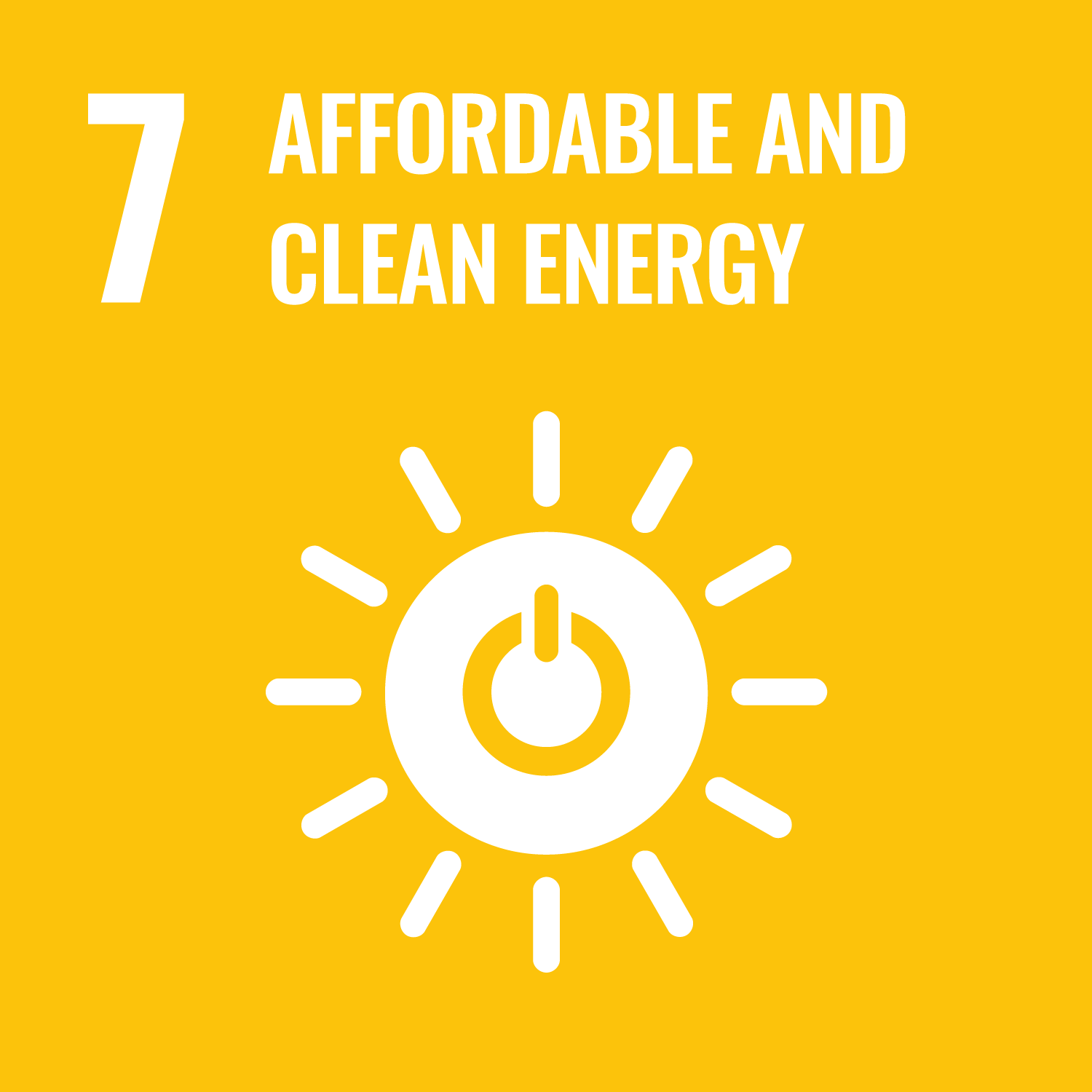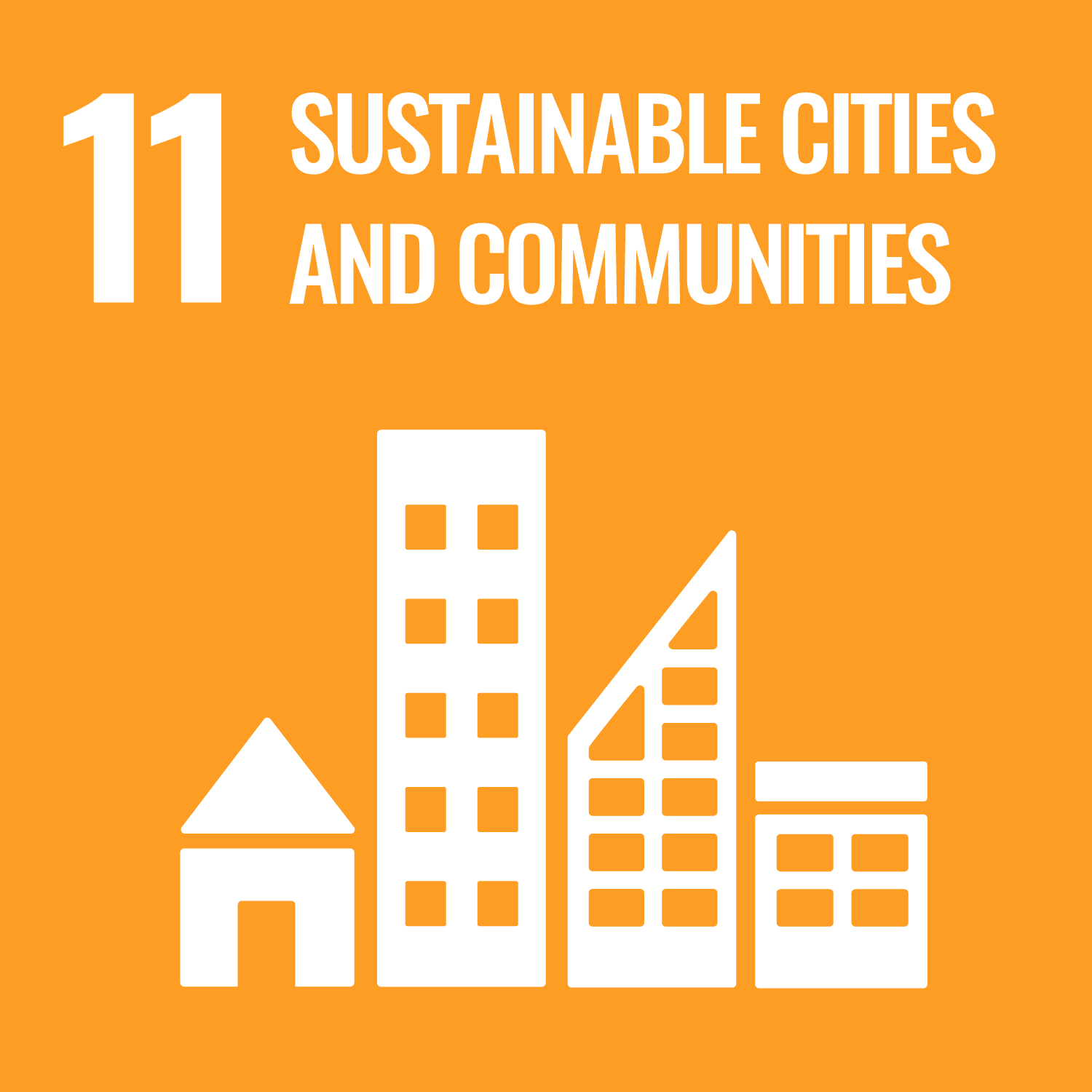The project in Zambia is designed to support the country’s transition to a more sustainable and energy-efficient future, aligning with its Nationally Determined Contributions (NDCs), National Adaptation Plan, and Green Growth Strategy. A series of energy audits will be conducted in various public buildings across Lusaka, including schools, hospitals, and universities, to assess baseline energy consumption. The audits will identify opportunities for energy savings and help establish benchmarks for future improvements.
To build local capacity, the project will offer training programs and develop materials to equip stakeholders with the skills necessary for implementing energy-efficient practices in the building sector. Collaborations with the Ministry of Infrastructure, Housing, and Urban Development (MIHUD) will ensure that updated energy efficiency standards are integrated into national building codes, promoting sustainable construction practices.
Following the audits, the project will propose specific Energy Conservation Measures (ECMs), such as upgrading lighting, heating, cooling systems, and enhancing building insulation to improve efficiency in public institutions. Additionally, frameworks for Energy Performance Contracting (EPC) will be introduced to encourage private sector investment and involvement in these energy-efficiency projects.
The project will also explore business models and finance options, bringing together stakeholders to enable the implementation of identified ECMs, ultimately fostering a sustainable energy landscape in Zambia.
Share this
Sector: Urban Climate Neutrality
Country / Region: Zambia





